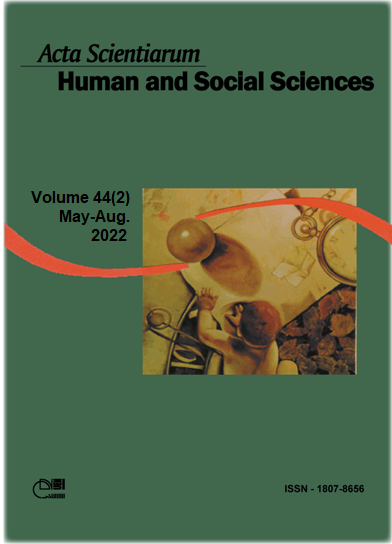Political uses and social meanings of education in the 1930s: Portuguese and Brazilian records
Abstract
Currently, theorists of historical sociology highlight education as an element of singular importance in the complex processes of modernization, diversely experienced in particular regional and national scenarios. Following this perspective, the object of analysis here is the movement to elaborate educational policies in the first half of the 1930s in Portugal and Brazil, taking it as an exponent of the modernizing dilemmas faced by such societies. Safeguarding their specificities and positionalities, it is observed that, in the course of the accentuated institutional reformulations that both nations experienced in such a historical environment - that is, discretionary period and constitutional reformulation -, collective ideas act in the configuration of projects of the Nation outlined in a critical dialogue between local realities and the challenges of building a modern identity. In this regard, the formulation of educational legislation appears invested with a peculiar heuristic value for understanding the competing social meanings that guided political actions in each of these national contexts. Such semantics are captured through the Content Analysis (CA) technique of the legislative acts of the Military Dictatorship recorded in the Government Gazettes of the Republic of Portugal in the period between 1926-1933 and documents related to the elaboration of the 1933 Constitution in Portugal, as well as the Annals of the National Constituent Assembly of 1933/34 in Brazil.
Downloads
DECLARATION OF ORIGINALITY AND COPYRIGHTS
I Declare that current article is original and has not been submitted for publication, in part or in whole, to any other national or international journal.
The copyrights belong exclusively to the authors. Published content is licensed under Creative Commons Attribution 4.0 (CC BY 4.0) guidelines, which allows sharing (copy and distribution of the material in any medium or format) and adaptation (remix, transform, and build upon the material) for any purpose, even commercially, under the terms of attribution.
Read this link for further information on how to use CC BY 4.0 properly.
























